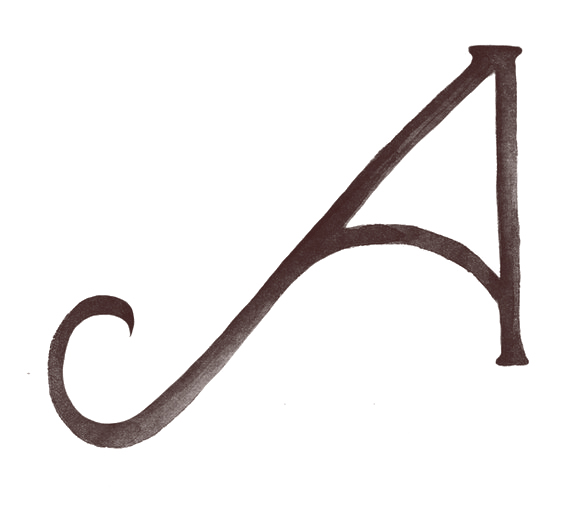Genre restricts the stories we tell
Even before writers get started on their projects, critics, friends, family, teachers and the industry itself have us pigeon-holing our writing into genres.
Sometimes, well before a first-draft is complete, writers are being asked about the genre as though where publishers and booksellers might place it on the shelves is the most important aspect of a good story. Genre can stop great ideas even before they start because writers worry (too early) about where the story will fit, not what this story is about.
Genre restricts the stories we tell through labelling anything outside a defined genre ‘experimental’ or even ‘genre-bending’ as though the writer’s main focus was an edgy disregard for the rules. Over the years, these stories have often been poo-pooed by all but the most avant garde of readers.
The first question people ask when they hear you’re writing a book is either 1). What’s it about? or 2) What’s the genre? … Romance? Mystery?’
No matter the question, my own reply is the same: ‘It’s a social-political drama set in a tiny country town in Tasmania to the tune of the forest debate with a strong opinion on how we all handle mental health.’
This is too long an explanation for most. ‘Sounds interesting,’ they say, with no further questions asked. I’m not sure that they hear past the first hyphenated word.
And even though my own novel manuscript is pretty general in nature, I’m stuck between ‘literary’ and ‘popular’, both of which can’t possibly be genres but are surely different styles. (Let’s unpack that differentiation another time.)
Clearly, I don’t work for a publisher or a bookseller. I don’t have to deal with the logistics of placing books on shelves so that people may find the book they’re looking for. I appreciate that these places do need organising principles.
I work for tellers of stories. I help them discover how to write a book, short story or poem, or how to turn their business ideas into blogs, websites and brochures.
I challenge them to tell the best story they’ve got in them at that time. But first they have to come up with a loose first draft. The best way to do this to find your flow. Later in the process, we define and refine, again and again, but I never ask them to pigeonhole their work.
Let’s let go of genre, find flow and start telling stories.
May your words pour onto the page,

